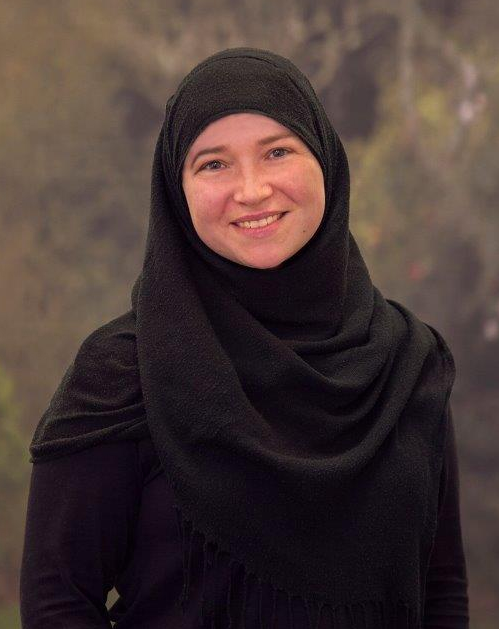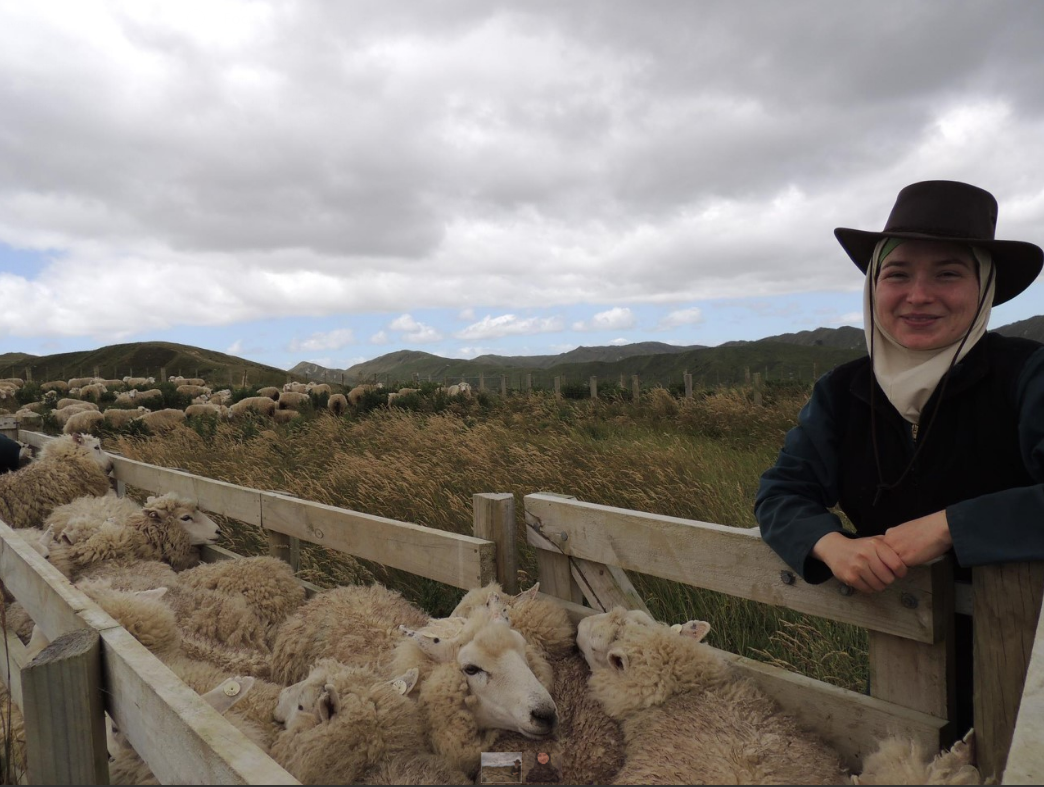Meet Dr Emilie Vallee
Dr Emilie Vallee PhD, FHEA, MANZCVS (epidemiology)
Senior Lecturer in Veterinary Epidemiology
School of Veterinary Science, Massey University, New Zealand
What is your area of animal health?

I am a veterinary epidemiologist. It didn’t come naturally, though: I failed biostatistics in vet school! But I’ve fallen in love with the discipline and the ability it has to make significant changes to the lives of animals and people altogether. I started feeling like a true epidemiologist when I was a Master’s student when I studied animal health and disease surveillance in developing countries. I am now a senior lecturer in veterinary epidemiology at Massey University, the one and only vet school in Aotearoa, New Zealand. I teach epidemiology and biostatistics, mostly at the postgraduate level, provide training to veterinarians in different countries, and do research on a lot of topics, from the effects of climate on health to the evaluation of diagnostic tests or outbreak investigation. One of the things I love about epidemiology is that you are not restricted to one species – I’ve worked with everything from livestock to kākāpō (an awesome NZ native parrot) and even trees!
I have led the design of two modules in the One Health and Biosecurity Competency: “Principles of Cross-sector Human and Animal Health” and the case study on “Sources of Human Exposures to Leptospira in Fiji”. I particularly like the case study, as it is based on a project I was involved in a few years ago, and I’ve been using it a lot for teaching. I’ve also contributed to the case study on “Ranking Exposure Sources for Rabies”, although, to be fair, my Massey colleague Art did most of the work, and I just told him it was great!
Why are you passionate about improving the skills of the Asia-Pacific animal health workforce?
There is so much happening in that part of the world, so many challenges to tackle simultaneously: emerging diseases, food security, loss of biodiversity, antimicrobial resistance, climate change… It’s really important to have as many hands on deck as possible, and we’re seeing it so regularly now, between the emergence of COVID-19, and the FMD outbreak in Indonesia. Without being overly dramatic, the health and wellbeing of everyone on the planet rely on the ability of veterinarians in Asia-Pacific to prevent, detect and respond quickly to outbreaks. APCOVE is my way of giving my (small) contribution to this collective effort.
On a personal note, I have also learnt a lot by watching and working alongside colleagues from the other vet schools in designing this program and developing the modules, observing how they approach teaching specific topics. We don’t get to discuss teaching veterinary epidemiology as often as I would like! I’m really proud of what we have achieved as a team.
